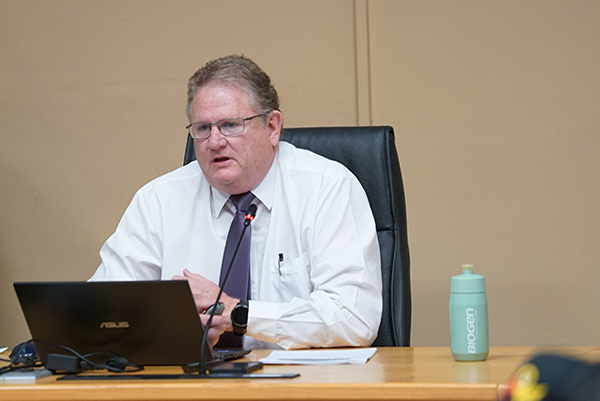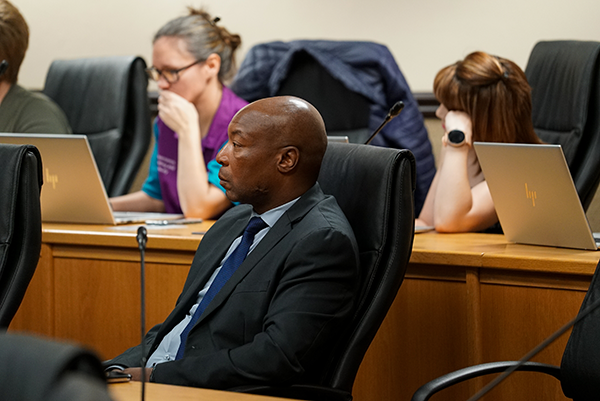To shine a spotlight on the widespread issues of fraud, the North-West University (NWU) Internal Audit Department hosted a robust awareness campaign in accordance with the celebration of International Fraud Awareness Week.
Esteemed speakers from the Directorate for Priority Crime Investigation (DPCI) – Klerksdorp (the Hawks) and Nexus Forensic delivered insights into fraud prevention and investigation to the NWU community – emphasising the need for ethical behaviour.
The director of Nexus Forensic, Adv Francois Labuschagne, spoke about the fraud triangle that is frequently cited as an illustration of the explanations why individuals commit fraud. He urged institutions to move to a culture where they approach internal audit with a view to detecting, responding to and preventing reputational crises that may arise.
“Institutions cannot simply be compliance-driven and wait for allegations to surface. They must be aware that fraud can hide in every dark corner of every transaction,” he said.
Adv Labuschagne further declared that institutions should enhance their risk assessment methodology, and called for management decisions to be questioned and not overlooked.
“Internal Audit needs to enhance their methodology for risk assessment to follow steps to ensure effective control of the identification of possible risks and must implement effective preventative detection controls. People should not just believe, because of the seniority the staff involved, that transactions are done the right way. What you see is not always what you get.”
Capt Kgaile Mpholo, in his capacity as a certified fraud examiner and commercial forensic practitioner, discussed the functions of the DPCI, emphasising the unit’s aim to address crime that requires specialised skills.
Capt Mpholo gave a summary of the nine fraudulent cases documented at the NWU for 2024 that are currently being investigated by the directorate. He stated that some of the schemes had been detected during audits.
“The Internal Audit activity at the NWU has been instrumental in exposing some their fraudulent activities and they also support ongoing investigations once they have lodged a criminal complaint with the DPCI.
Understanding the motivations behind criminal activities would aid in implementing measures to reduce the incidence of fraud, according to Capt Mpholo.
“Based on the modus operandi identified, we found segregation of duties, training of employees and fraud awareness campaigns to be useful to prevent fraud in institutions.” He concluded: “Prevention is very important because the consequences of fraud, once it has occurred, are bigger than we could think.”
Advocate Francois Labuschagne
Captain Kgaile Mpholo


